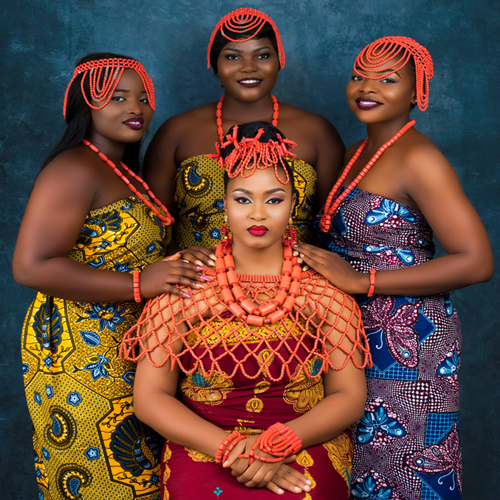Exploring the rich cultural heritage of Edo through our course letslearnedo; we offer fascinating journey into the traditions, values, and worldview of the Edo people. The Edo language, also known as Bini, is more than just a means of communication; it is a reflection of the community’s history, beliefs, and social structures.
One aspect of Edo culture evident in its language is the emphasis on respect and hierarchy. The language has various forms of address and greetings that vary depending on the age, social status, and relationship between speakers. For example, younger individuals typically address older ones with deference, showing respect for their elders—a value deeply ingrained in Edo society.

Furthermore, the Edo language is rich in proverbs, idioms, and folktales that convey moral lessons, cultural norms, and historical anecdotes. These linguistic expressions serve not only as a means of communication but also as a repository of traditional wisdom and knowledge, passed down through generations.
Additionally, the Edo language reflects the community’s close connection to nature and the environment. Many words and expressions are related to agriculture, wildlife, and natural phenomena, highlighting the importance of the land in Edo society and its cultural practices.
In conclusion, delving into the Edo language offers a profound understanding of the rich cultural heritage of the Edo people. Through its vocabulary, grammar, and usage, one can uncover the values, traditions, and worldview that have shaped this vibrant community for centuries. As an Edo language tutor, sharing these insights with learners not only facilitates language acquisition but also fosters appreciation and respect for the cultural heritage embedded within the language.

